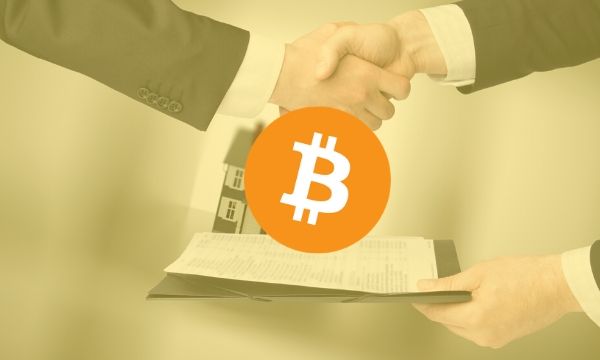Ordinals critics are wrong in claiming that inscriptions – especially BRC-20 tokens – are a denial of service attack on regular Bitcoin (BTC) transfers, on-chain analysis suggests.
According to lead Glassnode analyst James Check, the vast majority of Bitcoin block space today is still comprised of normal, monetary transactions – with inscriptions “stuffed into any remaining space around the monetary transfers.”
Comparing Ordinals: NFTs VS BRC-20
Glassnode’s figures show that inscriptions share a roughly 50/50 share of total Bitcoin transactions with monetary transfers.
However, the former is generally more efficient on block space than the latter. Using less than 10% of block data size, inscriptions generate between 20% and 40% of the networks’ total fees.
“We are fitting more value, and more fees, and more data into the same block folks,” wrote Check in a post to X on Wednesday. “Inscriptions are good for Bitcoin, they pay miners whilst making space utilization more efficient.”
The fact runs counter to Bitcoiners’ initial understanding of Ordinals as a protocol for inscribing weighty, image-based NFTs into the blockchain.
While that was primarily true earlier this year, the advent of the BRC-20 token standard has led to a “second wave” of tiny, text-based inscriptions. These smaller yet far more frequent inscriptions have vastly expanded Bitcoin’s UTXO set, filled its mempool, and driven transaction fees consistently higher.
A Glassnode report in September highlighted the prevalence of a BRC-20 token called SATS, whose months-long minting process drove a 45.5% increase of 21 million Bitcoin UTXOs. Earlier this week, Binance announced that it would begin listing trading pairs for SATS.
The Ordinals Opposition
The same report described text-based inscriptions as “filler” for blocks, similar to soft newspaper packing stuffed beside large valuable contents inside of a shipping crate. They buy any cheaply available blockspace in a less active block, and are themselves displaced by “more urgent monetary transfers.”
“Your opposition is purely ideological and subjective,” Check told Ordinals critics. “Fortunately, Bitcoin has a set of consensus rules which are objective and do not respond to our feelings or subjective values.”
Bitcoin Core developer Luke Dashjr has repeatedly labeled Ordinals transactions as “spam” that exploit a bug in Bitcoin’s code.
His newly launched Bitcoin mining pool, OCEAN, has opted to filter inscriptions from the transactions it processes to “contribute toward blocks full of real transactions.”
Binance Free $100 (Exclusive): Use this link to register and receive $100 free and 10% off fees on Binance Futures first month (terms).
